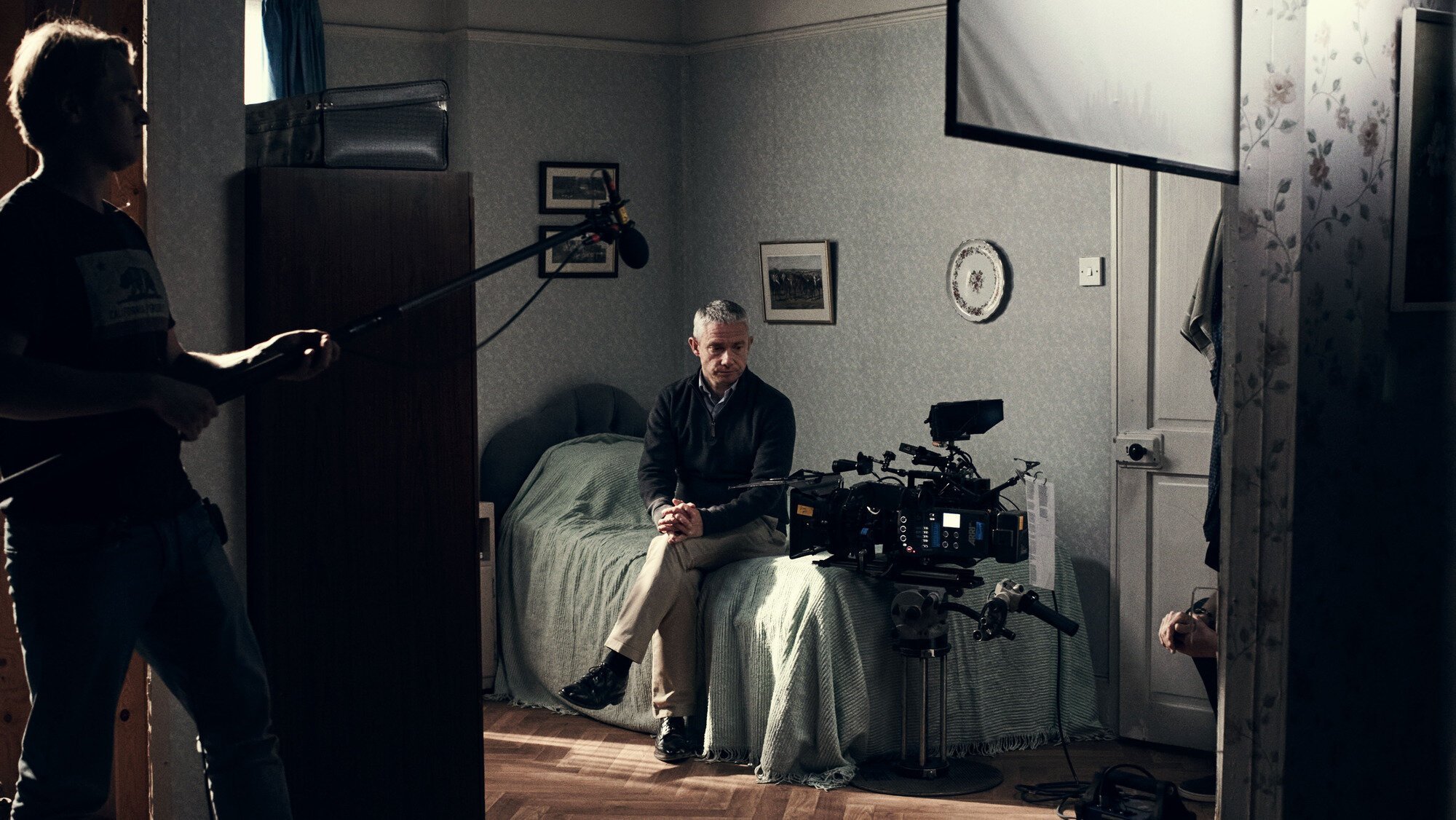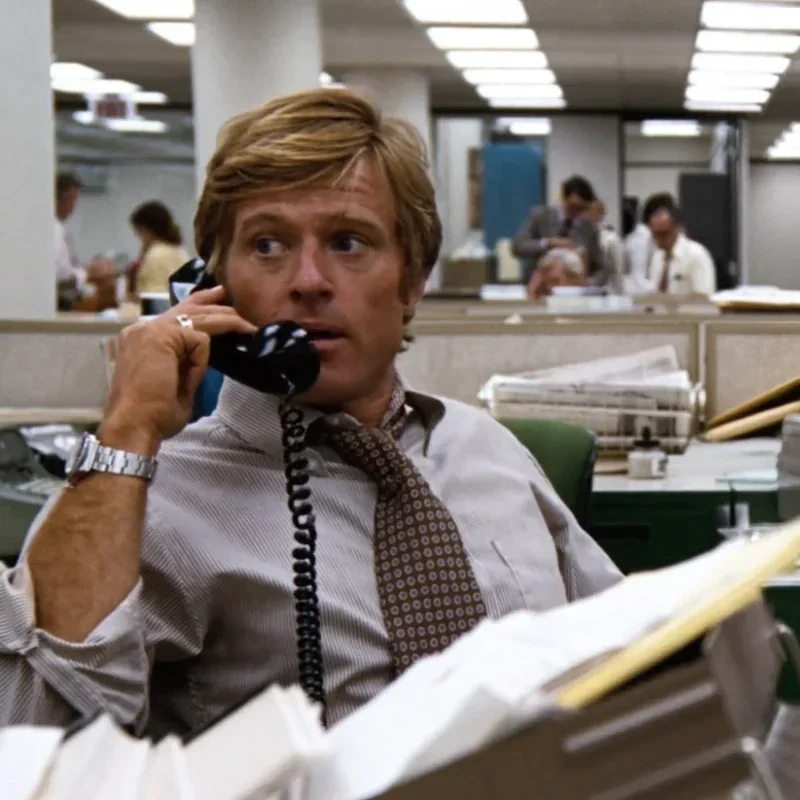Alan Bennett's Talking Heads
“Her mother was blind, but made beautiful pastry.”
In Pink Floyd’s Time, we learn that ‘hanging on in quiet desperation is the English way’, and this is certainly motivation for much of Alan Bennett’s wonderful Talking Heads series. Originally a collection of twelve thirty-minute monologues, first broadcast in 1988, they have recently been remade with contemporary actors, and specifically produced by the BBC under lockdown conditions.
The premise is simple. A single actor, a single camera, four or five small changes of scene, and a slow, drip-fed story that leaves a lot more unsaid than said. And it’s in these silences, the negative spaces of a brief look to camera, or the quiet rearranging of a fork on the table where Bennett’s brilliance shines. And it’s in those spaces that Bennett conjures entire lives, entire worlds, and lifetimes of loneliness, powerlessness and desperation. The tales frequently involve damaged sexuality, often coupled with misery, claustrophobia, taboo, and the needs for human frustration to find an outlet at any cost.
And while so many of the tales begin with the ordinary, none of them remain there for long. Bennett’s incisive, clinical dissection of despair, repression and the mundane through the eyes of a single protagonist, perpetually leaves us with mixed sympathies, and less than clear conclusions of what is right and what is wrong. The fantastically crafted scenes that are like unfolding a piece of paper on which you ultimately suspect is written something you don’t want to know.
All of the stories are wonderful, but it’s highly recommended not to binge them, much as you might want to. Bennett’s world of the kitchen sink, the lonely single bedroom, or the twitching lace curtain is best experienced when savored. Enjoy them slowly, and let them live with you between viewings. The richness of the dialogue, the nuance of the plot twists, and the acerbic wit of many of the characters lessen with our modern-day binging sensibilities. So as highly recommended as they come, slowness in watching is a critical part of their enjoyment.
It’s hard to pick a favorite, but there are two I really loved. In A Chip In The Sugar we meet Graham, who was originally portrayed by Bennett himself, but this time is wonderfully played by Martin Freeman (The Hitchhiker’s Guide To The Galaxy, The Hobbit, Sherlock). Graham lives with his mother Vera, a forgetful but sweet septuagenarian, and there’s a strong mutual bond between that’s allowed them to weather much in life, including Graham’s struggles with mental illness and suppressed homosexuality. Their comfortable world is disturbed by the exciting arrival of Frank Turnbull, an old flame of Vera’s, who ignites a long-dormant curiosity and passion in her that threatens to usurp Graham’s place in the world. Frank takes them for a cheeseburger, a novel experience for them, and much to Graham’s horror, Vera decides to have an ‘adventurous’ coffee instead of her usual tea. But as with all Bennett tales, things are not as they seem, and Frank’s eventual offer of marriage, complete with the promise of a honeymoon in Tenerife slowly unravels in classic Bennett fashion.
The dialogue is brilliantly written, and Freeman brings a modern nuance to the script not previously experienced in Bennett’s original portrayal. It’s sarcastic, at times hysterical, at times bleak, but always delivered with precision and with impeccable use of negative space. By the end it’s still unclear if our sympathies lie with Graham, or the misplaced promises of Mr. Turnbull.
The other piece that often gets the (well deserved) column inches whenever Bennett’s Talking Heads gets reviewed is A Lady of Letters, this time with Imelda Staunton (Harry Potter series, Vera Drake) reprising the original role of Patricia Routledge (Keeping Up Appearances, Hetty Wainthropp Investigates). Staunton plays the acidic Irene Ruddock, a single woman who knows her own mind and isn’t afraid to share it with others. Her weapon of choice is the handwritten letter, and she lets those in her community know exactly what their failings are with regular ferocity. With shocking snobbery and at times uncomfortable prejudice, Irene is always on the precipice of going too far, until one day, she can’t help herself any longer, and does. What happens to her I will leave for you to find out, but for someone so consumed by the failings of others, her eventual happiness is incredible.
Enjoying Talking Heads has been a unique joy during the pandemic, and led me to much of Bennett’s other work, specifically his radio plays, which are such a genuine pleasure to listen to, especially on a wet Sunday afternoon curled up with a mug of hot chocolate. Their pace in particular is a welcome change from today’s streaming services, the always-on nature of our umbilical devices, and the untethered relentlessness of the news cycle. The seemingly banal existence of the protagonists always evolves into a gripping story of what it means for humans to find and understand their place in the world, whatever their failings. And while many of the stories are intimate, claustrophobic, and small in nature, they always have an empathetic universality to them about what it truly means to be alive.
Talking Heads is currently streaming on YouTube and BBC iPlayer







































